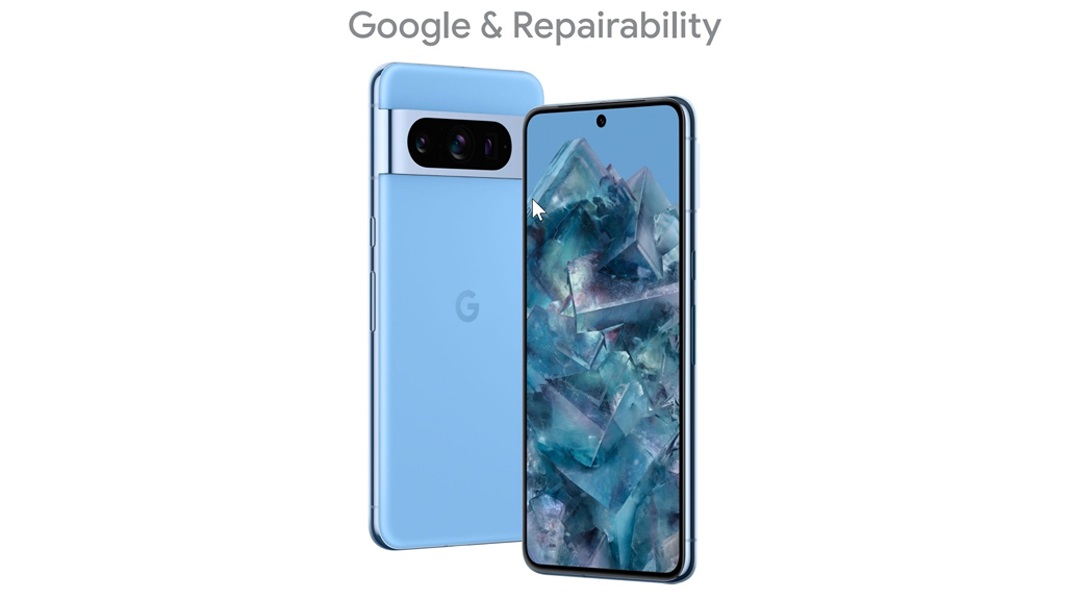Google Supports Right to Repair, Hits at Apple’s Parts Pairing Tactics
- Paul Thurrott
- Jan 11, 2024
-
8

Google today reaffirmed its support for the right to repair movement, but it also added a bit of nuance aimed directly at Apple: It would also like lawmakers to abolish the “parts pairing” tactic that Apple uses to prevent its users from taking advantage of lower-cost third-party repair shops.
“Google’s mission—to make the world’s information accessible and useful to everyone—has shaped how we have designed Google’s consumer electronics devices by making repair universally accessible for our customers,” Google director of operations Steven Nickel writes in the announcement post. “The ability to repair a phone, for example, empowers people by saving money on devices while creating less waste.”
Windows Intelligence In Your Inbox
Sign up for our new free newsletter to get three time-saving tips each Friday — and get free copies of Paul Thurrott's Windows 11 and Windows 10 Field Guides (normally $9.99) as a special welcome gift!
"*" indicates required fields
According to Nickel, Google designs its hardware products to be as repairable as possible, for technicians or do-it-yourselfers. As part of this effort, it makes all serviceable parts and clear instructions available to the public, and it has an on-device diagnostic app for Pixels. It’s also partnering with uBreakiFix to ensure that there is a local repair shop in as many areas as possible.
But its implicit criticism of Apple is both notable and deserved: iFixIt last year started downgrading the repairability scores it gives to the iPhone because Apple forces repair shops and do-it-yourselfers to purchase genuine parts directly from Apple and then pair them with a specific iPhone, a practice that raises prices by cutting out lower-cost third-party replacement parts. It’s also bad for the environment, a topic Apple endlessly pats itself on the back for, by preventing anyone using parts in otherwise broken phones. “Apple has erected a labyrinthine maze of obstacles,” iFixIt noted at the time.
“We do not require burdensome parts pairing or registration, meaning that a properly installed screen or battery will work no matter who is doing the repair,” Nickel adds. “This accessibility is table-stakes, as far as we are concerned.”
To push Apple and others to do better, Google has endorsed proposed right to repair legislation in Oregon that would ban parts pairing, and it has published a whitepaper describing its efforts.